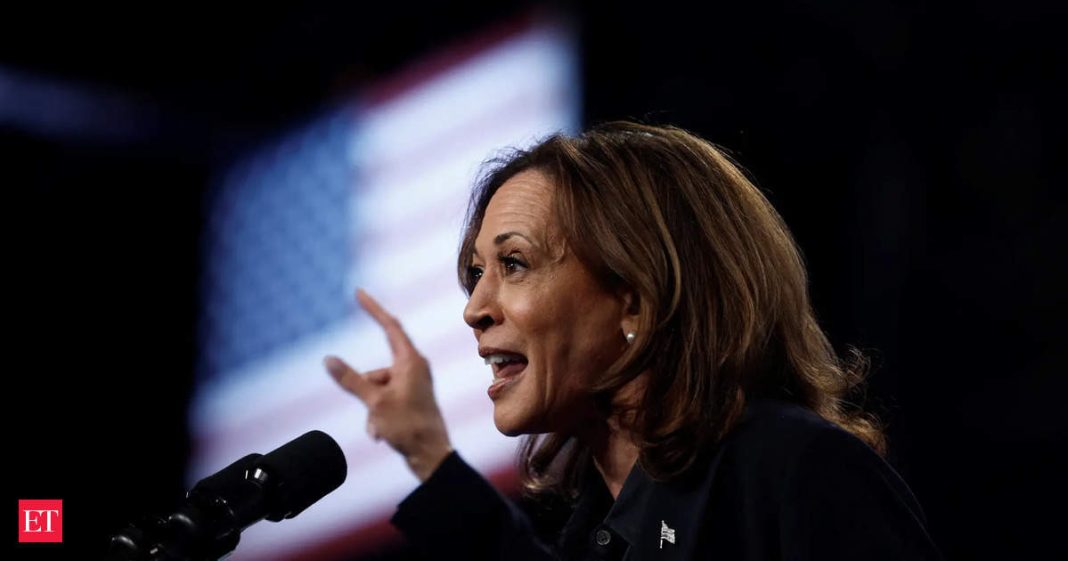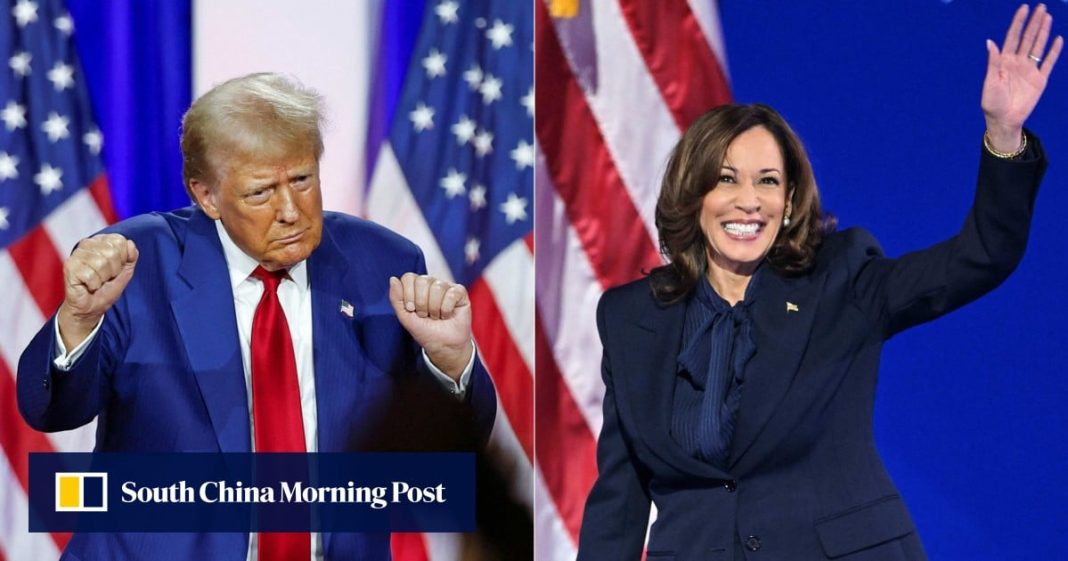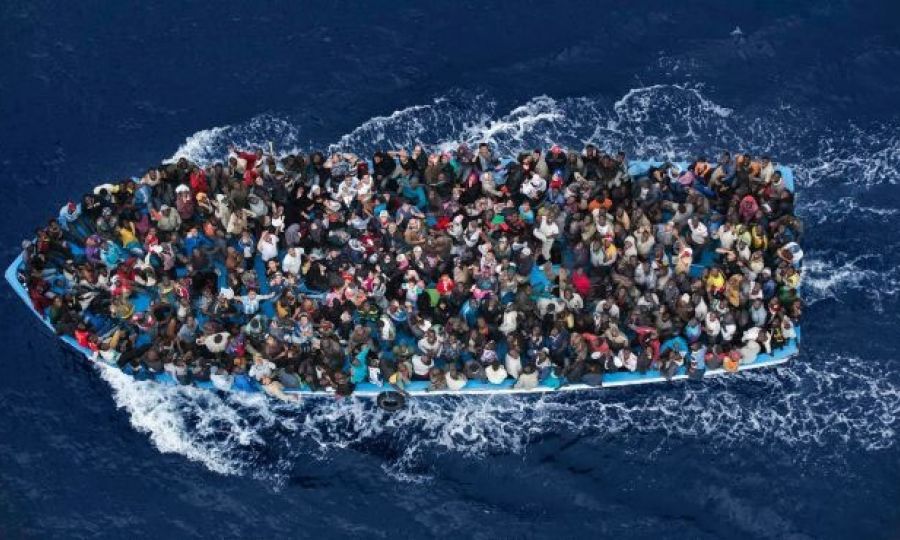Political Group Questions Kamala Harris’s Ties to Pakistani-American Activist Amid Election Season
In a bold move ahead of the upcoming presidential election, the political group Hindus for America First has raised concerns about Democratic candidate Kamala Harris’s connections to Asif Mahmood, a Pakistani-American member of the U.S. Commission for International Religious Freedom (USCIRF). The group is particularly worried about how these ties could influence Harris’s policies, especially regarding sensitive issues like Kashmir.
The scrutiny comes on the heels of the USCIRF’s recent "India Country Update," which claims that religious freedom conditions in India have deteriorated, particularly during the 2024 general elections. The report has been met with backlash from India, which labeled it "malicious" and accused the USCIRF of attempting to discredit the country.
Utsav Sanduja, founder and chairman of Hindus for America First, highlighted a video where Harris praised Mahmood for his long-standing support of her campaign. "He has been supporting me for so many years. When I made the decision to run for president… he is one of the first calls I made," Harris stated in the video, reportedly filmed at Mahmood’s residence in June 2019. This endorsement has raised eyebrows among Indian Americans, leading Sanduja to declare, "Kamala Harris is Pakistan’s preferred choice this November. Indian Americans, we can do better."
Adding fuel to the fire, Mahmood recently announced a fundraiser for Harris, which he will host alongside her sister, Maya Harris. Mahmood’s connections to Pakistan’s political elite, often critical of India, have further intensified concerns about the potential direction of a Harris administration.
As the election date approaches, Hindus for America First has officially endorsed Republican candidate Donald Trump, signaling a clear shift in allegiance among some Indian American voters. The group’s concerns about Harris’s ties to Mahmood and the implications for U.S.-India relations reflect a growing sentiment among voters who prioritize India’s interests in the political landscape.
With the election just around the corner, the spotlight is on how these dynamics will play out and whether they will sway the votes of Indian Americans, a demographic that has increasingly become a focal point in U.S. elections. As the political climate heats up, the implications of these connections could have lasting effects on U.S.-India relations and the broader electoral landscape.



